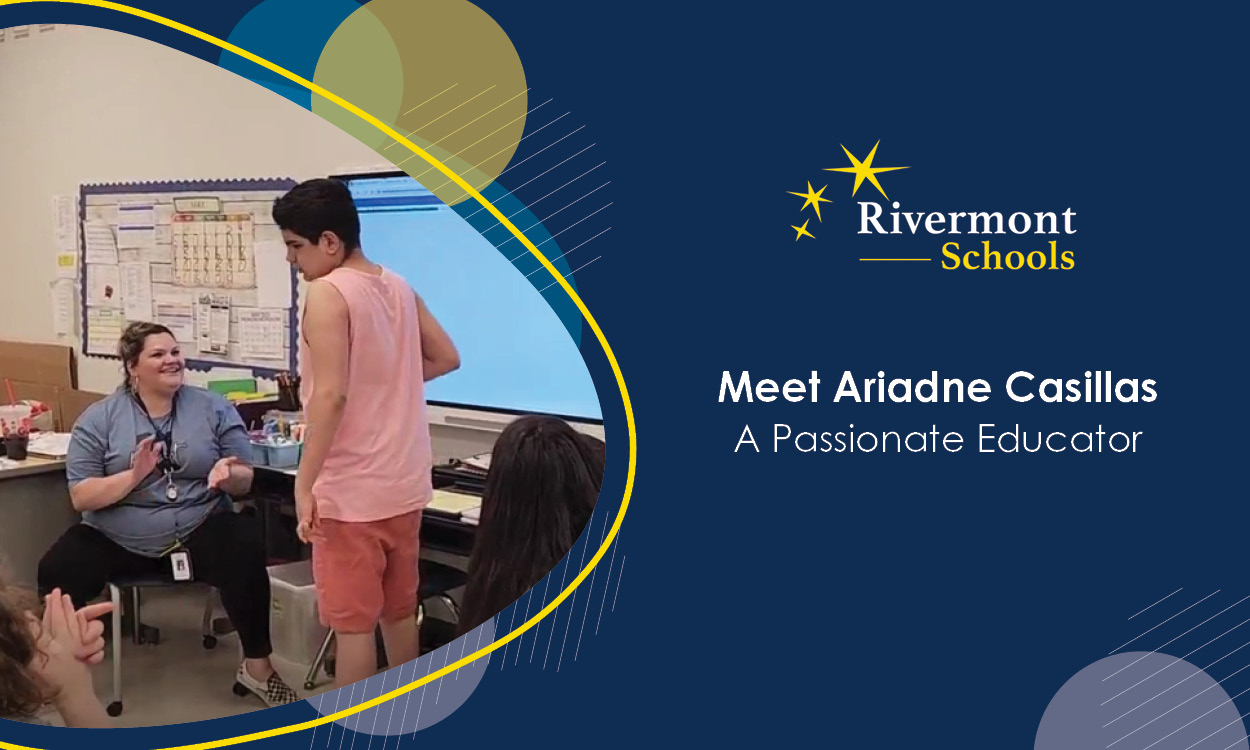Helping Your Special Education Student Lean into Transitioning to School
Posted: September 06, 2024 | Written By: Sharmin Hossain | Category: Support for Educators

Written by Sampada Desai, a Counselor at Rivermont Schools Lynchburg South Campus
For most students, returning to school after a long summer is a transition they don’t look forward to. After all, who wants to give up days of staying up late, sleeping in, avoiding schoolwork, enjoying plenty of free time, and going on vacations? Even adults face similar challenges when returning to work after a break. However, for some students, the transition back to school after a long break can be a traumatic process, significantly impacting their well-being, the school environment, and their parents.
Why some children are vulnerable to transitions:
- Inherent sensitivity, temperament, or mental health challenges
- Traumatic experiences that include abuse (of self or others), abandonment or neglect, being a child of divorce or parental separation, substance use in the home, parental incarceration, having a parent with mental or physical issues, or trouble with the law
How to know if your child/student is exhibiting transition difficulties:
- School refusal – adamant about not going to school; does not want to get on the school bus
- Physical ailments – stomach upset, fever
- Excessive weeping and crying
- Refusing to do any academics at school
- Behavioral changes – withdrawn or aggressive
- Change in appetite – undereating or overeating
How to support your child/student with this transition:
- Medication compliance – ensure your child is taking any prescribed medications
- Prepare student with gentle, frequent reminders of expectations for the school year
- Validate and normalize their experience so they know that other children also go through this. They are not alone
- Encourage small changes like going to bed a little earlier
- Have realistic expectations by devising a schedule with the individual child in mind. One size does not fit all
- Positively reinforce them for their efforts
- Talk to them about the things they like(d) about school. Do a daily check with open-ended questions like, “What was the best part of your day or the most difficult part of the day?”
- Take the time to talk and laugh with them
- Set up fun activities during and after school so the children have something to look forward to
- Teach social emotional learning skills. Emphasize and explain that nothing stays the same. Everything changes
- Inform your school staff and therapist if your student is having difficulties
- Be proactive. If you know the child has a history of transitional difficulties, implement what worked last time; remind them of their past successes; implement new strategies; connect students with caring adults and activities; reach out to others for support and resources
- Seek professional counseling services for your student outside the school setting
- Stay grounded in your own self-care because it is stressful to see your child/student go through this
Suggested Resources
We live in a world where help and support are available at our fingertips. Check out the following links with helpful books, tips, and strategies:










